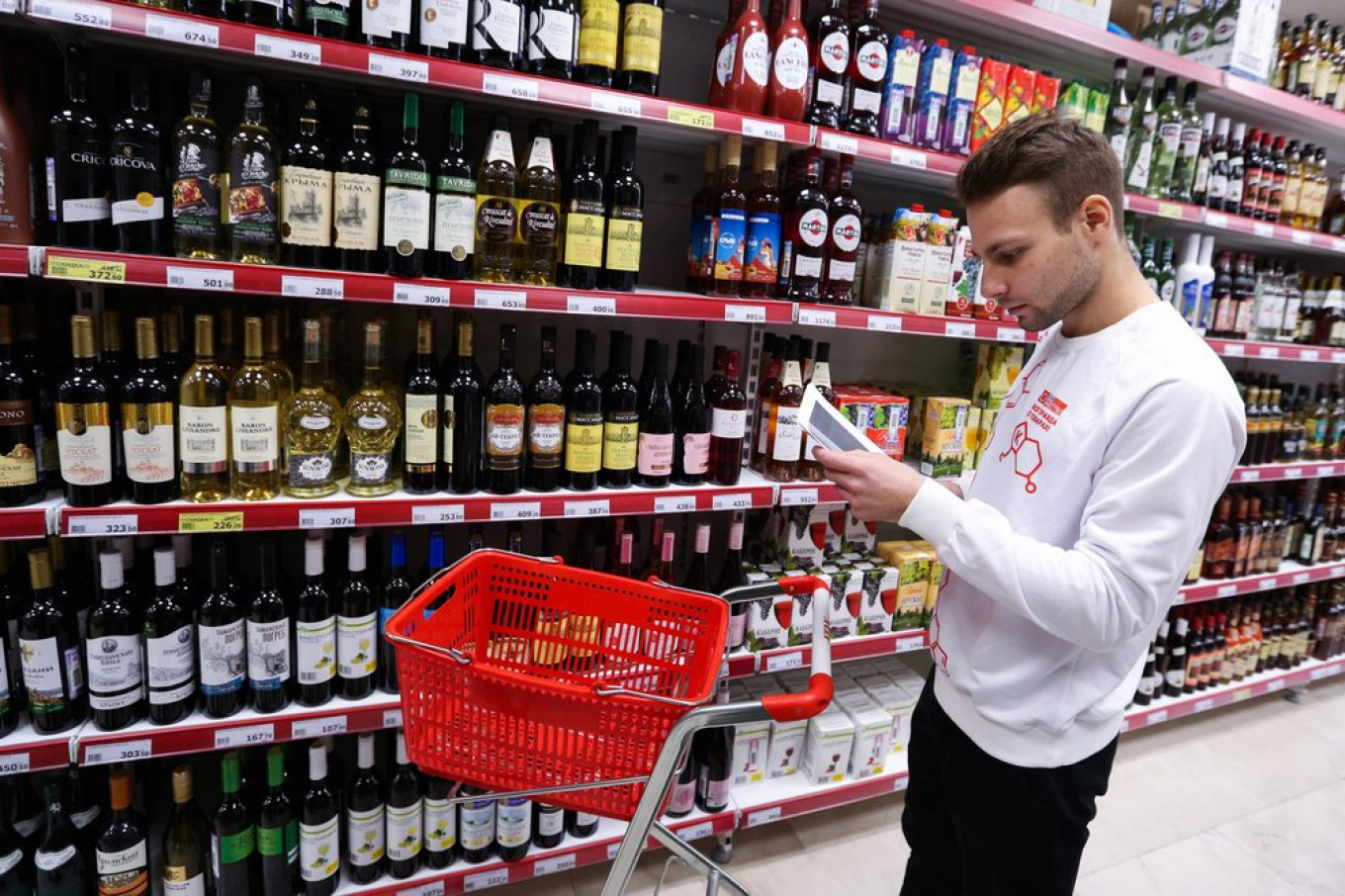
Russia remains a nation of heavy drinkers, but alcohol consumption has fallen 43% from 2003 to 2016, a key factor in the country’s rapid rise in life expectancy, the World Health Organization (WHO) said Tuesday.
Alcohol consumption fell in the mid-1980s due to a campaign by the last Soviet leader Mikhail Gorbachev, but rates exploded after the collapse of the Soviet Union in 1991. Under President Vladimir Putin, Russia has introduced several measures to cut down on alcohol consumption including a ban on selling alcohol after 11 p.m., increases in the minimum retail price of spirits and an advertising blackout.
Russians consume the equivalent of 11-12 liters worth of pure ethanol a year, among the world’s highest consumption levels, but the reduction since 2003 has substantially reduced mortality, the WHO said in a report.
“The Russian Federation has long been considered one of the heaviest drinking countries in the world,” the report’s authors said. “However, in recent years these trends have been reversed.”
The authors said there is a clear correlation between the decline in alcohol consumption and the country’s increase in life expectancies. Male life expectancy sank to a low of 57 years in the 1990s, but began to climb significantly in 2003 as drinking levels peaked, the report said.
It now stands at almost 68 years for men and 78 years for women. Mortality resulting from all causes dropped by 39 percent from 2003 to 2018 in men and by 36 percent for women, according to the study, which looked at trends over almost 30 years.
The WHO attributed the decrease to the series of government measures to crack down on alcohol consumption that started in 2000 as well as the promotion of healthy lifestyles.
Putin, who has been in power since the turn of the century, is battling a demographic slump. Last year the population contracted by 86,000 people, the first annual contraction recorded in a decade, the state statistics service said.
The Russian president has long cultivated an image of sobriety in contrast to his predecessor, Boris Yeltsin, whom many Russians associate with drunken and embarrassing gaffes.
Reuters contributed reporting to this article.
